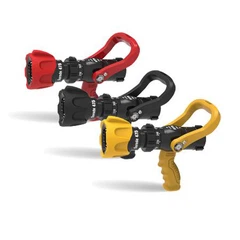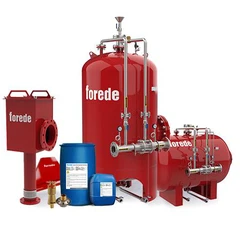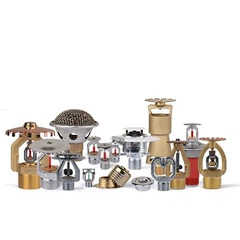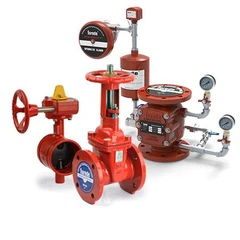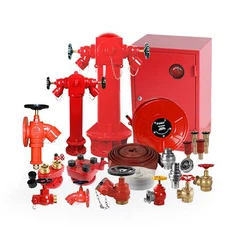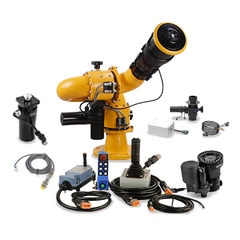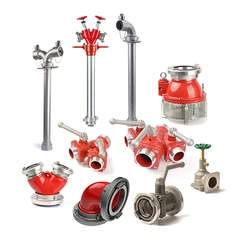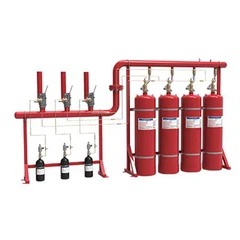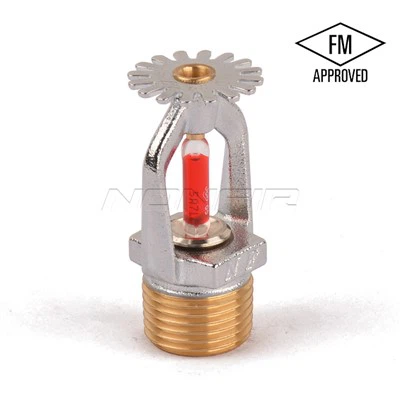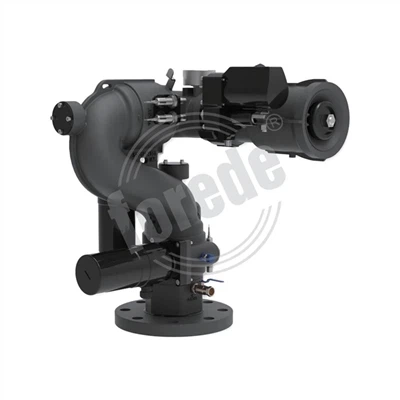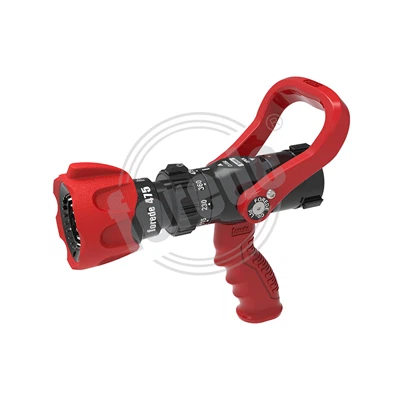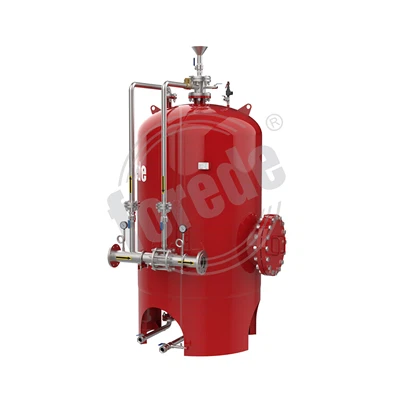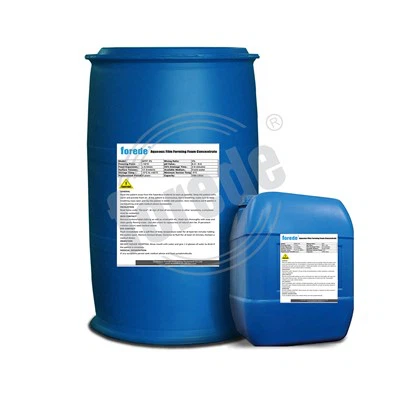
What is Dry Fire Sprinkler?
forede® brand Dry fire sprinkler systems are an essential component of fire safety in buildings and facilities. These systems help prevent fires from spreading and causing extensive damage by quickly and effectively extinguishing flames before they have a chance to grow.
One of the key benefits of dry fire sprinkler systems is that they are designed to work in areas where freezing temperatures may be a concern. Unlike traditional wet pipe systems, dry fire sprinklers have pressurized air or nitrogen in the pipes instead of water, which eliminates the risk of freezing and bursting in cold weather conditions.
In addition to their reliability in cold climates, dry fire sprinkler systems are also highly effective at controlling and suppressing fires. They are activated by heat, which triggers the release of water through the sprinkler heads to quickly extinguish flames and prevent them from spreading.
Overall, dry fire sprinkler systems are an important investment in fire protection and safety for any building or facility. By ensuring that these systems are properly installed and maintained, property owners can have peace of mind knowing that they have a dependable and effective method for controlling fires and protecting lives and property.
A Dry Fire Sprinkler System is a type of automatic fire sprinkler system specifically designed for environments where water inside the piping could freeze and cause damage or system failure. It differs from a traditional (wet) system by using pressurized air or nitrogen in the pipes instead of water-until activation.
🔧 What Is a Dry Sprinkler System?
In a dry pipe sprinkler system, the piping is filled with compressed air or nitrogen. A dry pipe valve keeps the water supply isolated. When a sprinkler head activates due to heat, the air pressure drops, opening the valve and allowing water to flow into the system and out through the open sprinkler(s).
🧩 Key Components
| Component | Function |
|---|---|
| Dry Pipe Valve | Separates water supply from pressurized air/nitrogen. Opens when air pressure drops. |
| Air/Nitrogen Supply | Maintains pressure in the system to keep water out. |
| Sprinkler Heads | Activate individually when exposed to high heat (typically ≥155°F / 68°C). |
| Accelerator (optional) | Speeds up valve operation by sensing rapid pressure drops. |
| Low Point Drains | Used to remove condensation or moisture to prevent freezing. |
🌡️ Where It's Used
Dry systems are ideal for locations prone to freezing temperatures, such as:
Unheated warehouses
Loading docks
Parking garages
Cold storage/freezers
Attics in cold climates
✅ Advantages
Freeze protection: No water in pipes until system activation.
Selective discharge: Only the sprinkler(s) exposed to heat activate.
Lower water damage risk (compared to deluge systems).
⚠️ Considerations and Limitations
| Limitation | Detail |
|---|---|
| Slower response | Water must travel through dry pipes, causing delay. |
| More complex & costly | Requires air supply system and regular maintenance. |
| Limited coverage area | dry pipe systems to 750 gallons (≈2,839 L) of pipe volume unless special design criteria are met. |
| Potential corrosion | Condensation inside the pipe can cause internal rusting if not maintained. |
🏗️ Design Guidelines
Maximum distance from valve to most remote head: Limited to reduce water delivery time (typically ≤60 seconds).
Pitching of pipes: Required so any residual water drains to low points.
Supervision: Air pressure monitored to detect leaks or system faults.
🧠 Variants & Enhancements
Preaction Systems: Hybrid of dry and detection systems; used for sensitive environments like data centers.
Nitrogen Generators: Reduce corrosion by supplying nitrogen instead of compressed air.
Heat tracing: May be added in partially exposed areas.
📌 Summary
| Feature | Dry Pipe Sprinkler System |
|---|---|
| Water in Pipes | No (air/nitrogen only) |
| Freezing Risk | Low |
| Cost | Higher than wet systems |
| Response Time | Slower than wet systems |
| Maintenance | Moderate to high |

